The series "Russia's Cooperation with Asia, Africa and Latin America - Challenges and Prospects" is dedicated to the discussion of topical issues of Russia's cooperation with the countries of the Global South
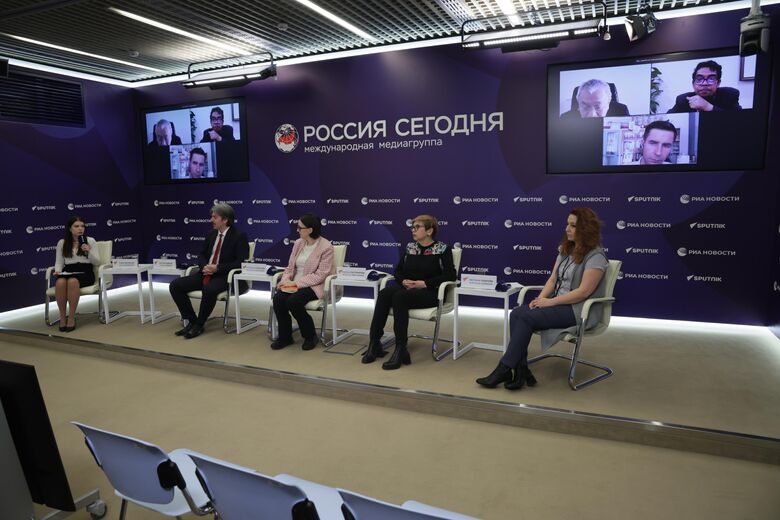
The project is implemented by the media group in partnership with the Gorchakov Foundation and the Center for Assistance to Humanitarian and Educational Programs. The first event of the project was a round table on "Russia-ASEAN: topical issues of interaction".
Ekaterina Koldunova, Director of the ASEAN Center at the Moscow State Institute of International Relations and International Relations, Nadezhda Bektimirova, Head of the Department of History of the Far East and Southeast Asia at the Institute of Asian and African Studies at Lomonosov Moscow State University, and Evgeny Korenev, Associate Professor at the Department of International Relations and Foreign Policy of Russia at the Institute of History and International Relations at the N.G. Chernyshevsky Saratov National Research State University, Svetlana Ulyanova, Director of the Center for External Communications and Development of Youth International Programs at the Pushkin Institute of Russian Language, Head of the International Volunteer Program "Ambassadors of the Russian Language in the World", Pornchai Danvivatana, Secretary General of the Dialogue for Cooperation in Asia, Pavel Huk, Head of Academic Programs at the Association of Young Entrepreneurs of Laos and Noe Pobadora, Coordinator of Educational Programs at the Faculty of International Relations of the New Era University, joined the discussion in person and online.
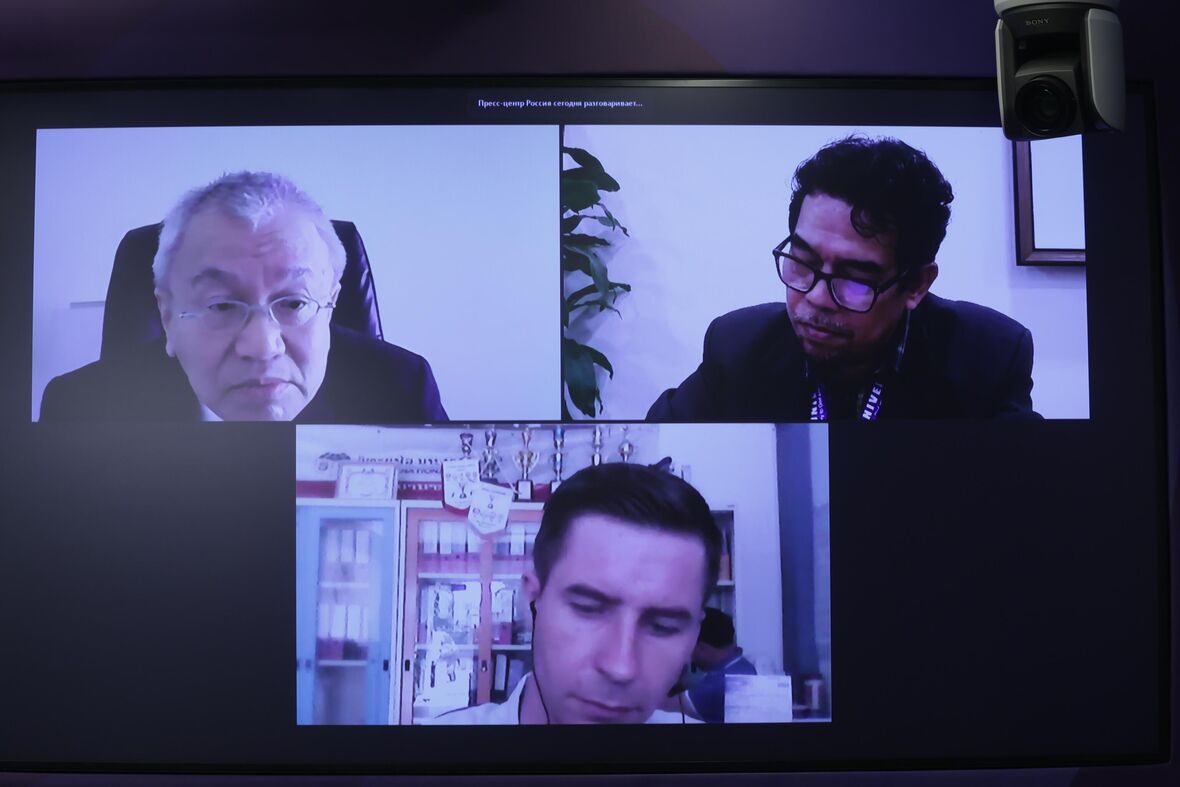
During the roundtable, the participants discussed various aspects of bilateral cooperation between the Russian Federation and Southeast Asian countries, as well as potential opportunities and challenges of regional cooperation between Russia and ASEAN countries.
Secretary General of the Asia Cooperation Dialogue (ACD) Pornchai Danvivatana emphasized that relations between Russia and ASEAN states have a strong foundation of mutual respect while maintaining their own development goals and interests: "Relations between Russia and ASEAN are marked by mutual respect and a high level of mutual understanding. We share similar values and we are committed to advancing our cooperation, and I would like to note that it is very important for both sides to seek consensus on as many issues as possible."
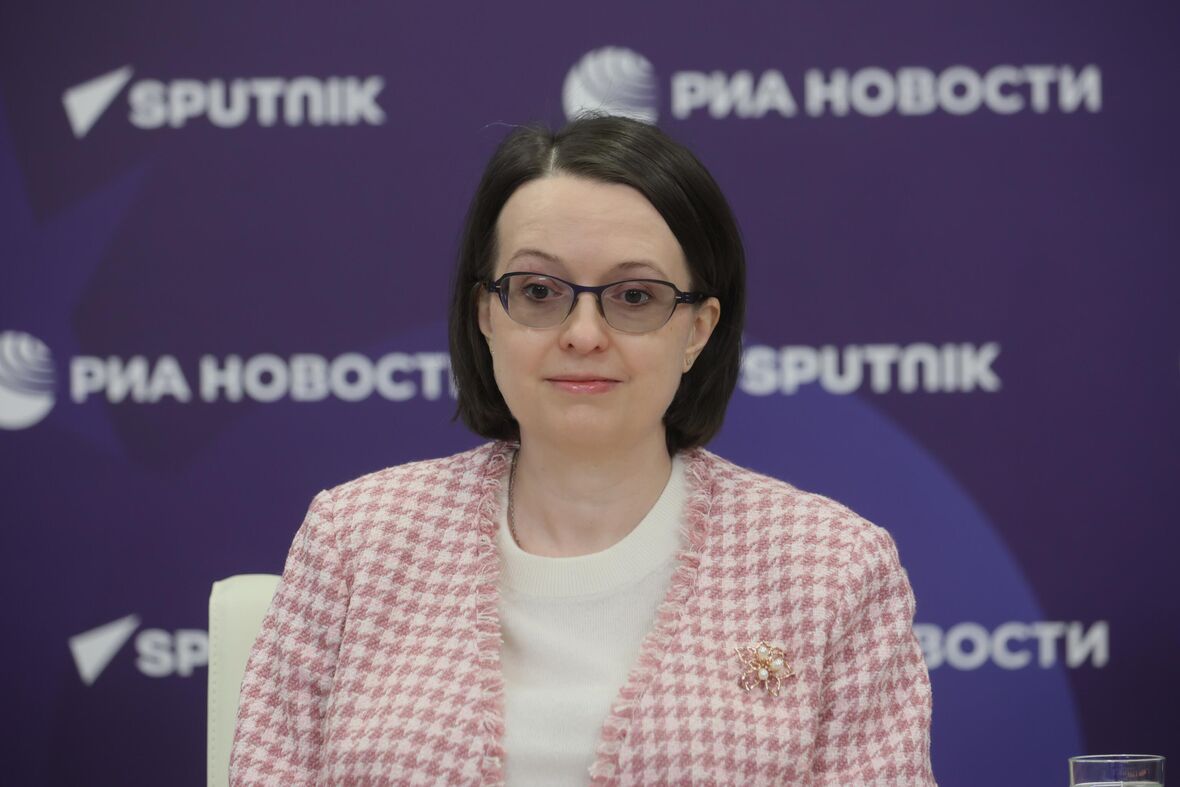
Ekaterina Koldunova, Director of the ASEAN Center at MGIMO of the Russian Foreign Ministry, noted the determining role of tourism in the development of relations between Russia and Southeast Asia: "When we first started to establish and expand the dialog partnership with ASEAN, the very first driving forces of these relations were our tourists. And the most interesting thing is that now we are to some extent witnessing a renaissance of this direction, as all, without exception, countries of the region are striving to create conditions for Russian tourists to return to Southeast Asia again".
Noe Pobadora, Coordinator of Educational Programs at the Faculty of International Relations of the University of New Era, elaborated on how cooperation in education allows our countries to deepen mutual understanding and share knowledge in a variety of areas: "We can contribute to the cause of peace, we can share our experiences and promote closer ties, hold international seminars, international festivals, various joint arts events. And, of course, it is also worth finding opportunities within the framework of spreading knowledge about each other through educational programs."
Pavel Huc, Director of Academic Programs of the Lao Young Entrepreneurs Association, also emphasized that "cooperation in the field of education is the key to the development of ties between the states as a whole. Therefore, it should be developed in close connection with the needs of the economy. First of all, it is necessary to establish contacts through educational institutions with the involvement of state authorities", - said the expert.
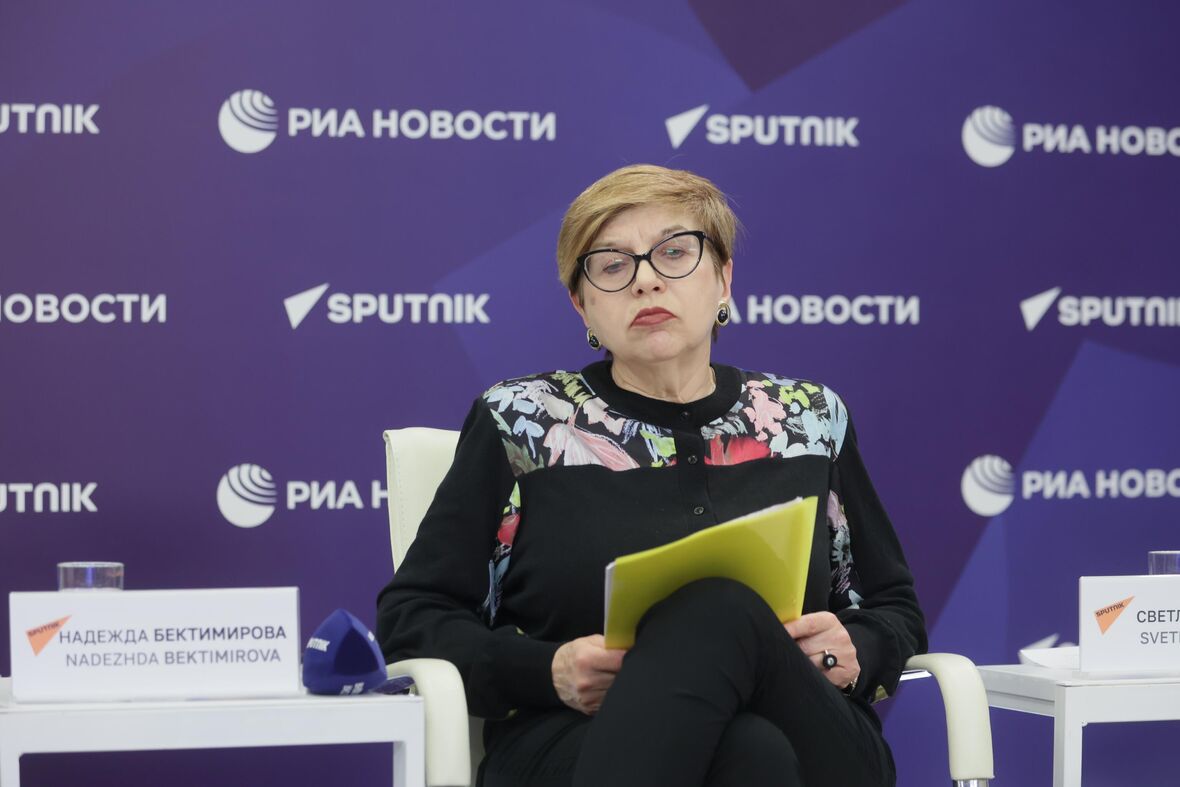
Nadezhda Bektimirova, Head of the Department of History of the Far East and Southeast Asia at the Institute of Asian and African Countries of Lomonosov Moscow State University, speaking about Russian-Cambodian relations in the context of regional cooperation between Russia and ASEAN, noted: "All countries of Southeast Asia, but Cambodia especially, are countries with the oldest culture, with the oldest civilization. They value their identity very much, they protect it, they are proud of it. And with regard to such spiritually valuable things, of course, we have common views and common relations. Therefore, in my opinion, we need to emphasize the development of humanitarian ties.
Evgeny Korenev, Associate Professor of the Department of International Relations and Foreign Policy of Russia at the Institute of History and International Relations of Saratov National Research State University, highlighted security issues in his speech, calling cooperation in the field of cybersecurity a particularly important area: "We live in a world where information is becoming a very powerful resource, including for various kinds of operations by intelligence services, for using it for the purposes of cross-border criminal groups, and so on. Especially since 2018, we have accumulated a good legal framework with ASEAN, including relevant agreements in the field of information security.
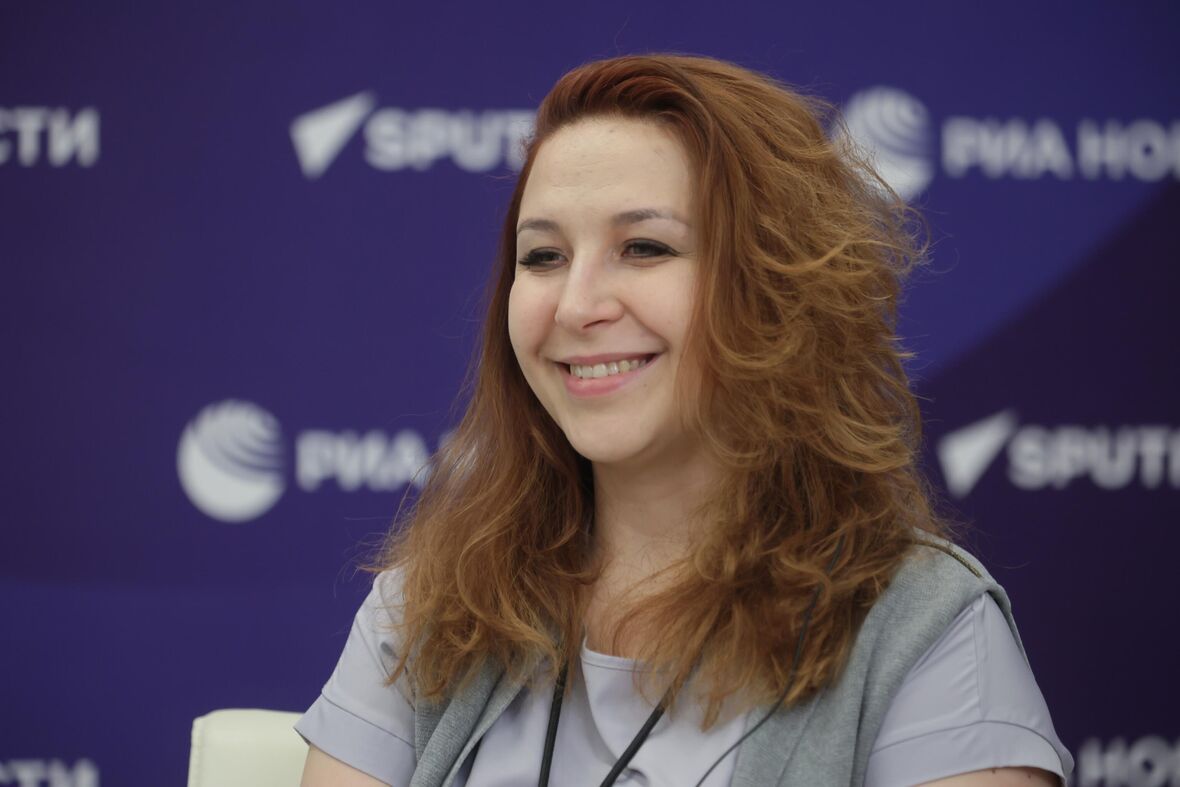
Svetlana Ulyanova, Director of the Center for External Communications and Development of Youth International Programs at the Pushkin State Institute of the Russian Language, told about the program "Ambassadors of the Russian Language in the World": "The program has been implemented for 8 years, its essence is that students, postgraduates and young specialists from Russia travel to foreign countries, where they introduce foreign pupils and students to the Russian language, our culture and literature". The expert stressed that an expedition of Russian language ambassadors to ASEAN countries is scheduled for 2024, which is one of the key directions of this program.
A total of six expert sessions are planned within the framework of the project, which will be attended by specialists from Russia, China, as well as countries of the African Union, the Middle East and Latin America.